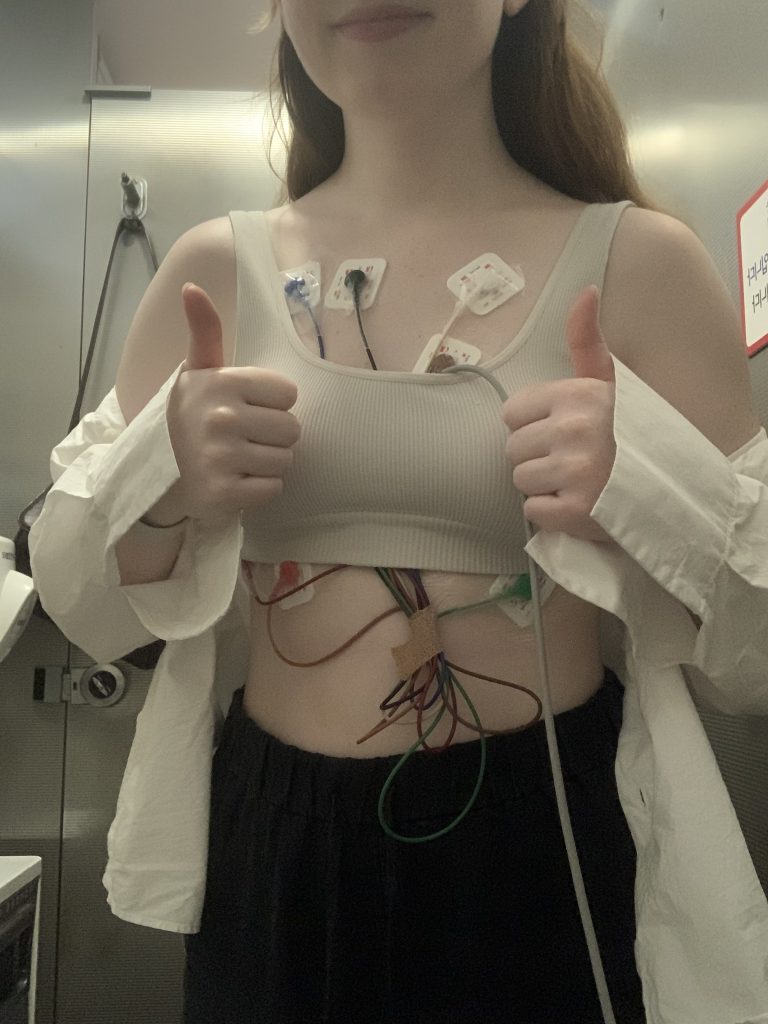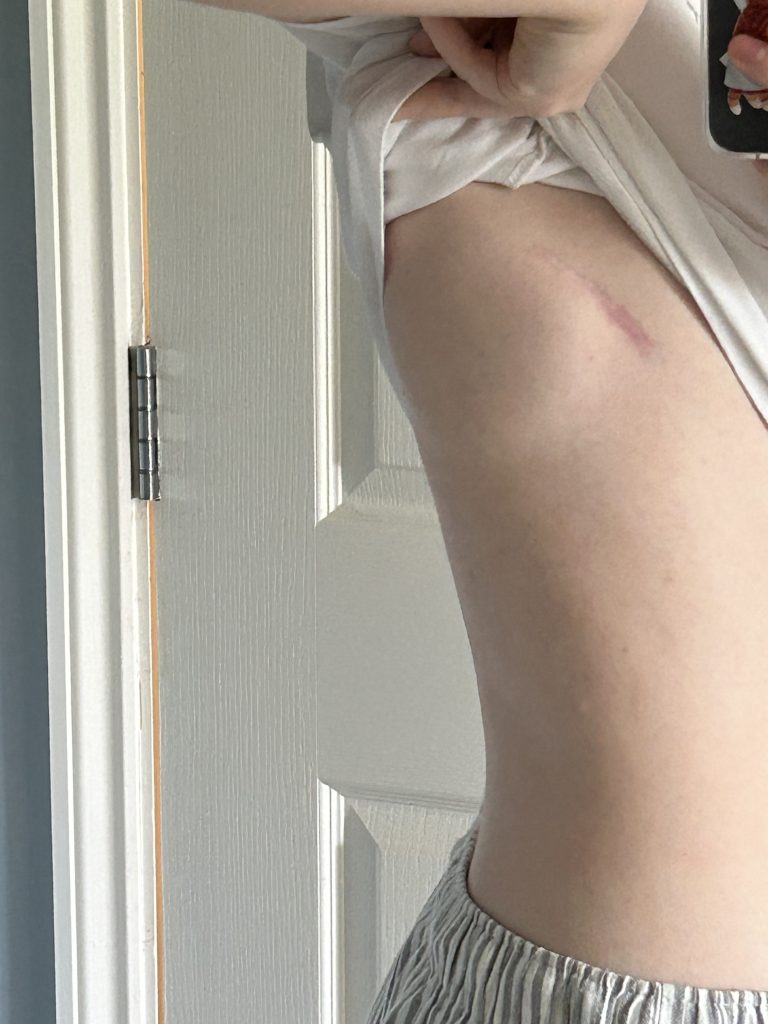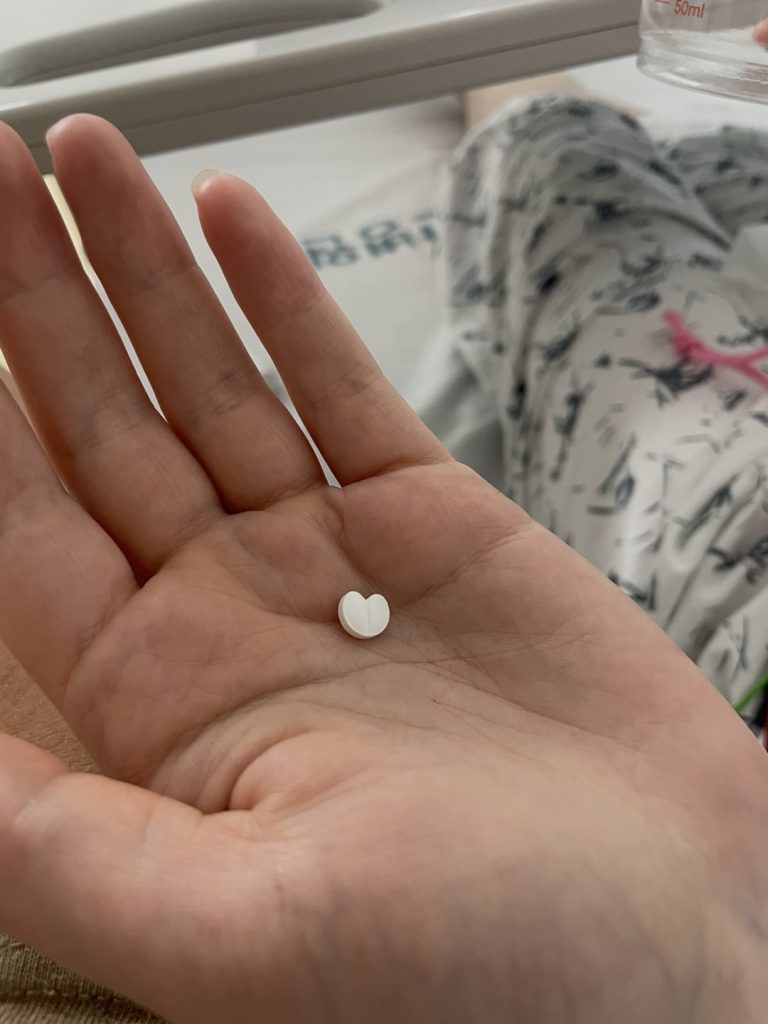Last year I was 25 years old, healthy, fit, and with no family history of heart disease when my life changed without warning.
Since 2023, I had been living in Seoul, South Korea, with my partner and our pet. I loved my job, my life, and staying active. When my gym membership ended, I decided to take up running. It felt good to see my endurance improve, and I could comfortably run for 30 minutes. Most of my runs were solo, but on June 29th, 2023, my partner joined me.
After our usual 30-minute run, I suddenly told him I couldn’t run anymore and then I collapsed. My heart had gone into ventricular fibrillation, triggering a sudden cardiac arrest.

Luckily, my partner caught me as I fell. Although panicked, he had Army training and immediately started CPR. We were in a busy park by the Han River, and people nearby quickly called emergency services. After five minutes, an off-duty nurse took over CPR. The ambulance arrived within 15 minutes and shocked me twice to restart my heart. I was rushed to hospital, where I woke up confused, scared, and overwhelmed.
I spent four days in hospital, one in ICU and three in a general ward. Extensive tests were run, but no cause was found, and no device was implanted at the time. I was released with no answers, no diagnosis, and no support network nearby.
Being away from home made everything harder. I had no family in Korea, and my employer pressured me to return to work almost immediately. After just three weeks off, I had to leave my job. My mental health plummeted. I was sleep-deprived, grieving the loss of my independence, my health, and my career all while unable to return home or fully understand what had happened to me.
Eventually, I returned to the UK and reunited with my family. Follow-up testing again showed no abnormalities, but as a precaution, I was fitted with a subcutaneous ICD (S-ICD).

I want to share my story to help raise awareness that cardiac arrest can happen to anyone. Even young, fit people with no warning signs or family history. I also want to help highlight the importance of CPR. I wouldn’t be alive today if my partner hadn’t known how to respond, or if strangers hadn’t acted so quickly. CRY was a particular lifeline for my mental health. When I wasn’t given answers, I searched for them and the CRY website help offer clarity on why I might be feeling a certain way and what is expected to happen for someone like me. And it specifically made me realise how lucky I really was!

This experience changed me forever. Now I’m determined to turn it into something meaningful. By fundraising, advocating, and helping others understand that these tragedies can strike anyone, anywhere, at any time and that awareness and action truly save lives.